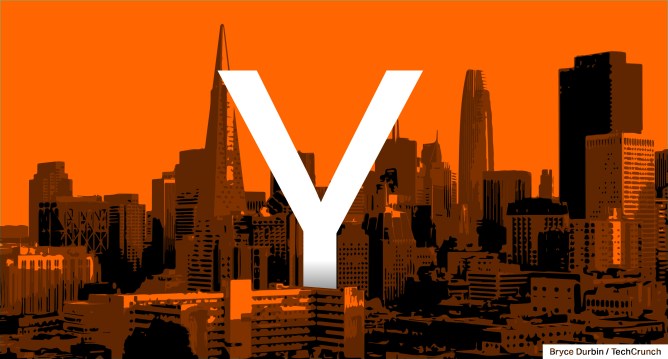For decades, Silicon Valley has celebrated the college dropout. Founders like Bill Gates, Steve Jobs, and Mark Zuckerberg left school early to build companies and became billionaires. That ethos was later reinforced by initiatives like the Thiel Fellowship, which pays promising students one hundred thousand dollars to leave college and start companies.
For many years, the famed accelerator Y Combinator also quietly supported that culture. While it never explicitly required students to drop out, many of its most successful alumni, including Dropbox’s Drew Houston, Reddit’s Steve Huffman, and Stripe’s John and Patrick Collison, joined the program young and left school behind to build their companies.
Now, Y Combinator is changing that narrative. The accelerator has introduced a new application track called Early Decision, designed for students who want to start companies but do not want to drop out. The program allows them to apply while still in school, get accepted and funded immediately, and defer their participation in Y Combinator until after they graduate. For example, a student applying in Fall 2025 could graduate in Spring 2026, then participate in the Summer 2026 batch.
According to Y Combinator managing partner Jared Friedman, the program is designed for graduating seniors who want to do a startup but also want to finish school first.
In Silicon Valley culture, dropping out has been almost a rite of passage for aspiring founders. Programs like the Thiel Fellowship have turned it into a movement. This is why Y Combinator’s announcement is a meaningful break from the idea that leaving school early is the optimal, or only, path to startup success. The timing is also significant, coming when more young people are questioning both the cost of college and the tradeoffs of staying in school.
The new program reflects a growing maturity in how Y Combinator thinks about long-term founder outcomes. The accelerator has long been a magnet for college-aged builders. Founders of companies like Loom, Instacart, Rappi, and Brex were in their teens or early twenties when they joined the program. But the decision to drop out was often implicit: do the program now or miss the opportunity.
Early Decision removes that pressure, offering a middle ground between academic completion and chasing entrepreneurship. The move could broaden Y Combinator’s applicant pool to include more cautious, deliberate student founders who are committed to startup life but unwilling to sacrifice their education to get there.
Y Combinator highlights Sneha Sivakumar and Anushka Nijhawan, the co-founders of Spur, as a success story from this approach. Spur builds AI-powered quality-assurance testing tools, and the duo applied through Early Decision in Fall 2023 while still in school. They graduated in May 2024, joined the Summer 2024 batch, and have since raised four and a half million dollars.
The program is open to both graduating students and those earlier in their academic journey. It is a bet that some of the best founders of the next decade will not need to choose between college and startups. They will do both.
This move also helps Y Combinator secure talent early in an increasingly competitive accelerator and seed funding landscape. It gives students an option that competes with other programs like the Thiel Fellowship, Neo Scholars, and Founders Inc, as well as Big Tech internships and grad school pipelines.

